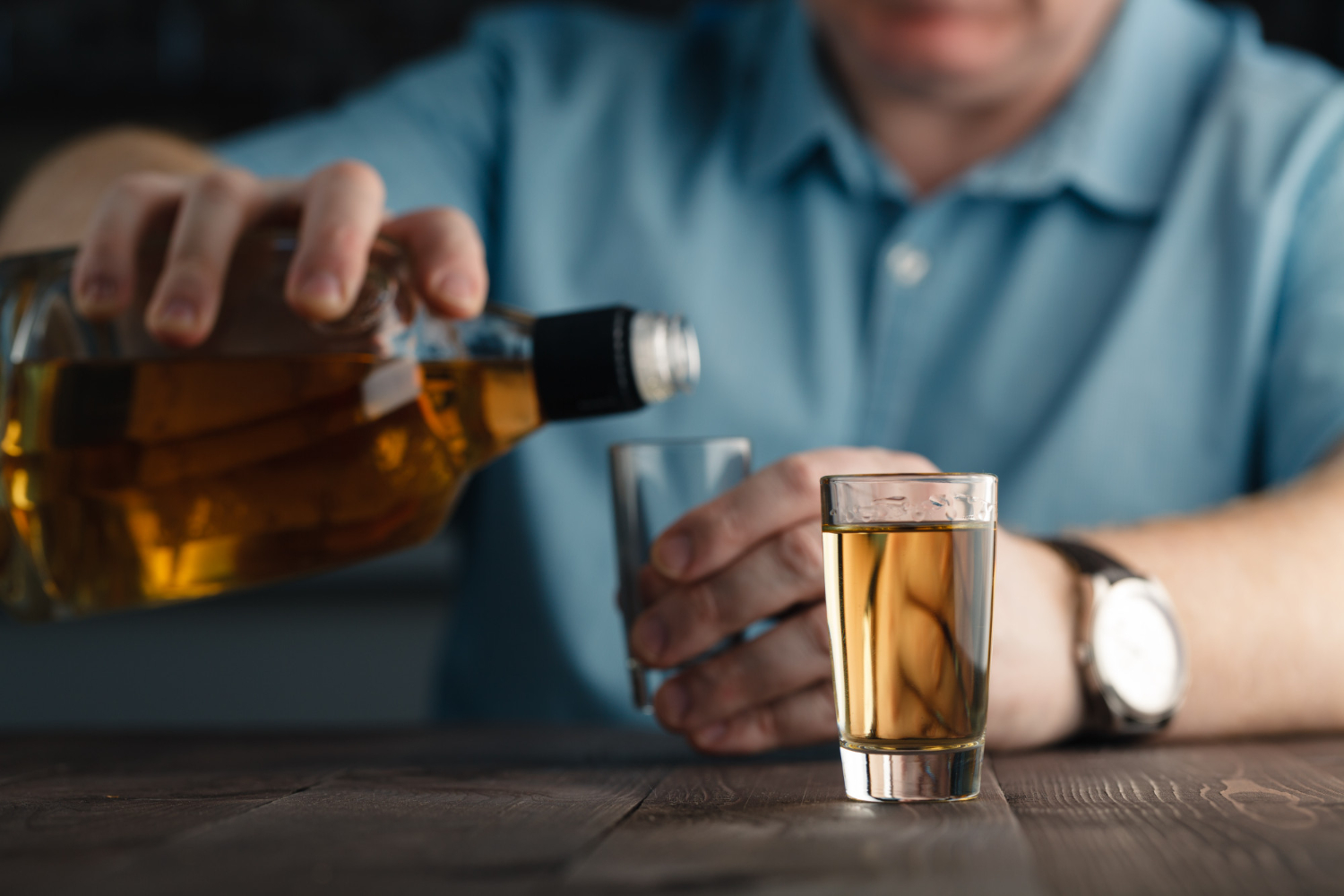Exploring the challenges and effects of sober parenting on families and children can provide empowerment towards prioritizing their sobriety and recovery journey.
Continue readingFinding the Right Path: Treatment Options for Mental Health Conditions
Wherever you are at the stage of recovery from addiction, understanding the variety of treatment options for mental health conditions can make a significant difference in your journey.
Continue readingHow to Stay Sober: Alcohol Relapse Prevention
Relapse prevention is essential to maintaining long-term sobriety and may open paths to a more rewarding, health-conscious life.
Continue readingIndependence Day Tribute: Helping Veterans Overcoming Alcoholism and Addiction
As we come together to celebrate Independence Day, we pay tribute to the bravery and sacrifices of our veterans, who have devoted their lives to defending our freedom. However, beyond the parades and fireworks, it’s important to acknowledge the difficulties many veterans encounter when they reintegrate into civilian life, including issues like overcoming alcoholism and addiction. In this tribute, we aim to focus on understanding these challenges through support and community involvement for veterans in their journey toward recovery.
Understanding the Challenge of Alcoholism and Addiction
Intense physical and emotional traumas lead veterans to disproportionately experience alcoholism and addiction. Nearly one in ten veterans has a substance use disorder, with alcohol being the most abused substance. The transition from the structured environment of military service to civilian life can cause issues such as PTSD and depression, leading many veterans to self-medicate using alcohol.
Recognizing the Signs of Alcoholism
The first step to helping veterans in their recovery is to recognize the signs of alcohol addiction. These can include:
- Frequently craving alcohol and an inability to control or limit consumption.
- Consuming large quantities of alcohol and increasing tolerance become necessary to achieve the desired effects.
- Suffering from withdrawal symptoms when trying to cut back or stop drinking.
- Neglecting responsibilities and obligations at home, work, and school.
- Increased secrecy or isolation from family, friends, and other social connections.
- Changes in appearance, behavior, or personality such as weight loss, poor hygiene, frequent mood swings, and bursts of anger.
Natural and Holistic Approaches to Recovery
In addition to traditional treatments, many veterans find success through natural and holistic approaches. Some of these are:
Mindfulness and meditation.
Activities like yoga can help manage stress and improve mental health.
Nutritional Support.
Nourish the body with a balanced diet rich in vitamins and minerals to support the body’s recovery from the effects of alcohol.
Exercise.
Regular physical activity promotes overall well-being and reduces symptoms of depression and anxiety.
Building a Strong Support System
A strong support system is essential for veterans in recovery. Family, friends, and social connections can play a crucial role by:
- Offering emotional support and encouragement
- Helping veterans stick with a structured daily routine
- Encouraging participation in therapy and support groups
- Cultivating a sober, supportive environment
Therapeutic and Medical Interventions
Professional treatment and interventions are often necessary for a successful recovery. This can include:
Individual and group therapy.
These sessions can help address the underlying emotional and psychological causes of addiction, foster a supportive community, and offer diverse perspectives and coping strategies to maintain long-term sobriety.
Family Counseling.
Addiction can also affect family members. Family counseling can help heal strained relationships as it provides a safe space for families to express their struggles and confusion, educates families about the nature of addiction, and addresses underlying issues related to family dynamics.
Medical treatments.
Professional medical intervention, detoxification, and medications are essential to managing withdrawal symptoms and cravings. These often require medical supervision, depending on the severity of the dependency.
Paying Tribute at California Recovery Center
As we honor veterans this Independence Day, let’s extend our gratitude by supporting those who are still battling with the debilitating effects of addiction. Here at California Recovery Center (CRC), we can help veterans take back their lives and achieve long-term sobriety by showing them compassion, understanding, and proactive support. If you or your loved one is a veteran looking for help overcoming addiction, feel free to contact us at (916) 848-5744. Together, we can create a future where every veteran can lead a healthy, fulfilling life.





